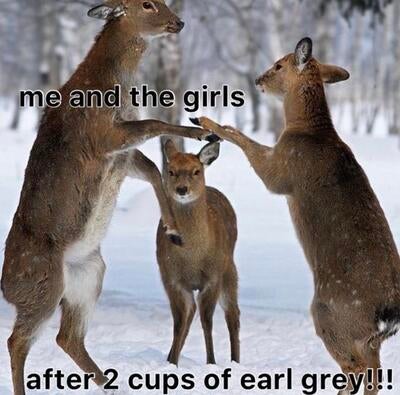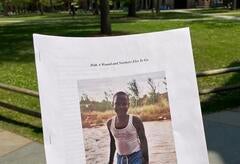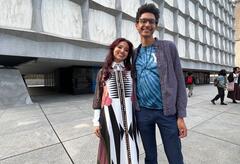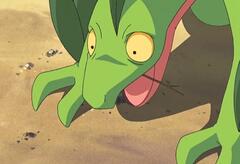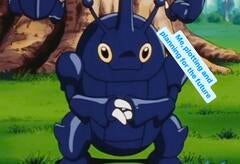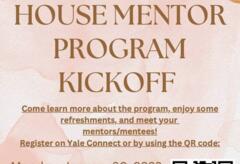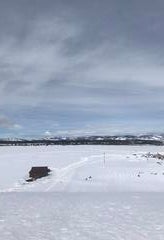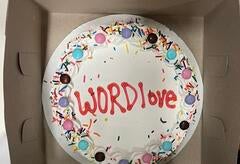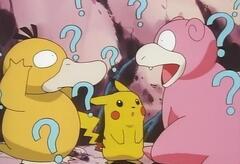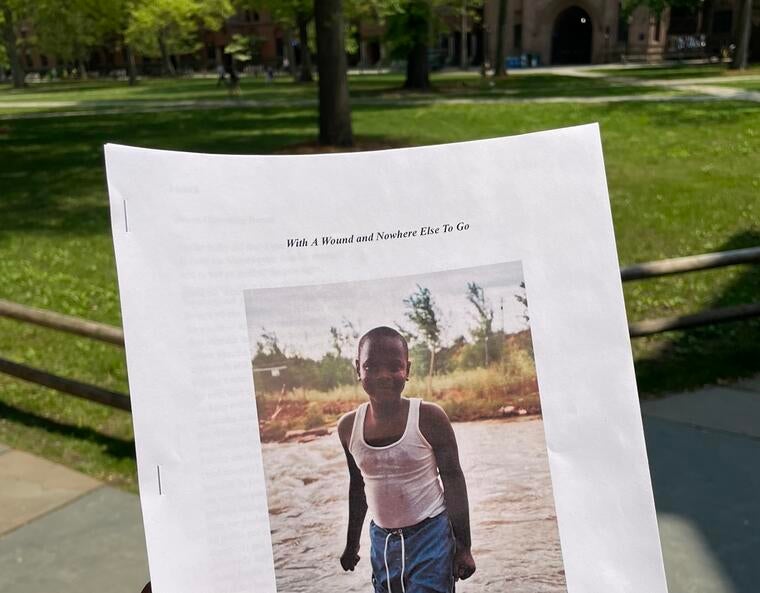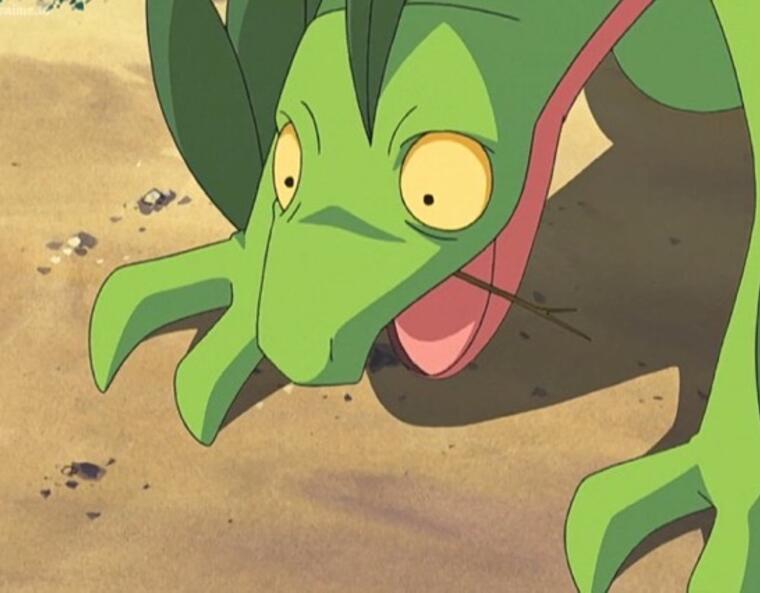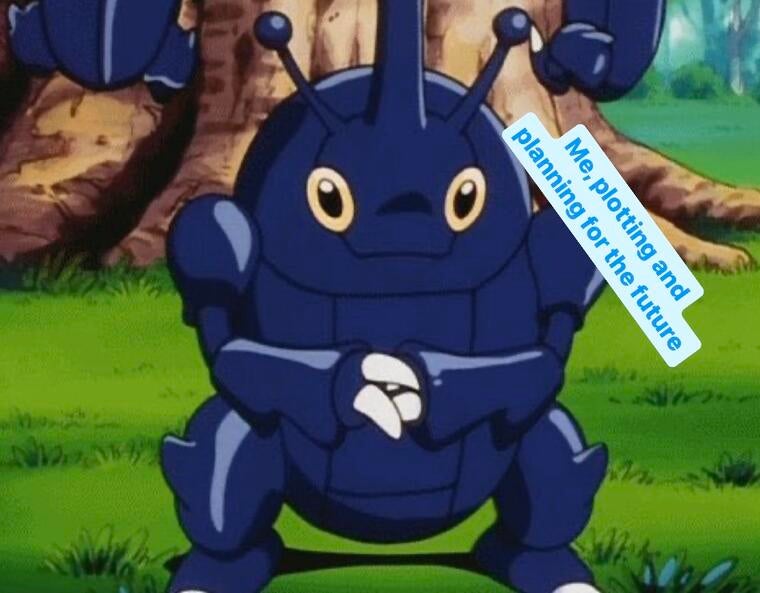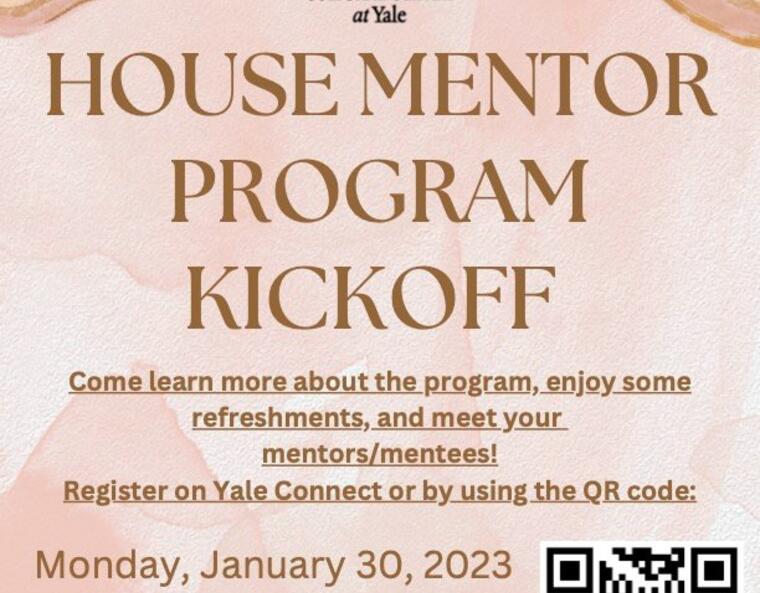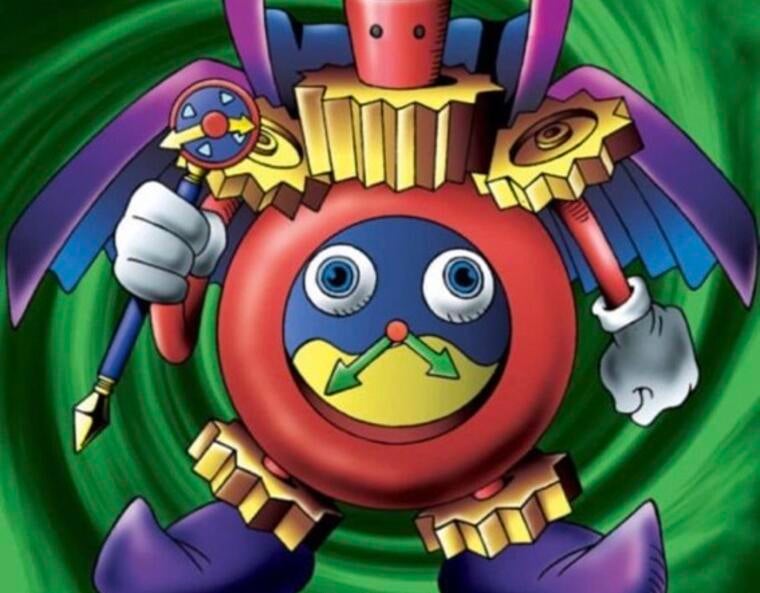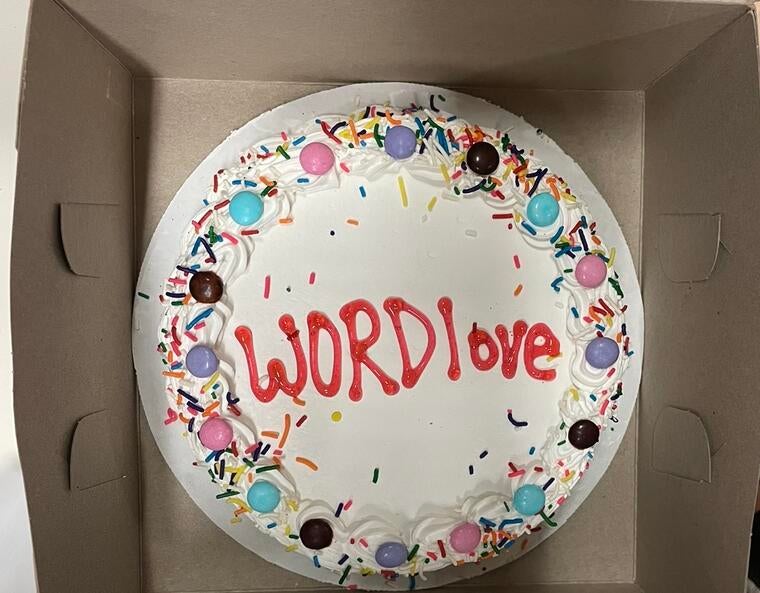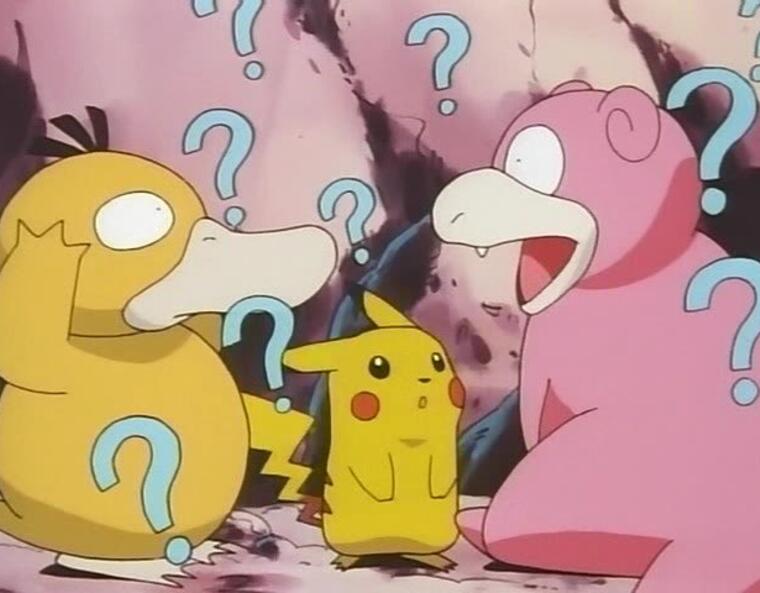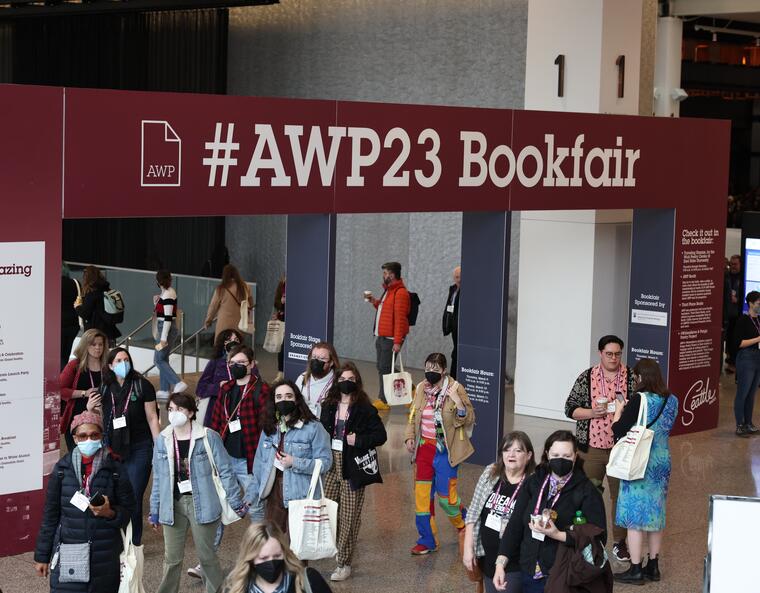
As spring break crept closer during this, my senior year, it occurred to me that I hadn’t exactly done much with my spring breaks during my time at Yale. Sure, as a first-year in 2019, I’d attended a three-day writers’ workshop with the literary magazine Winter Tangerine at Poets House in New York City — but my sophomore year spring break had aligned with the beginning of the pandemic. And what would’ve been my junior year spring break during my gap year was also affected, and limited, by the pandemic. And then my actual junior year spring break was entirely spent doing homework.
So for my final March as a student, I set out to finally undertake some more adventurous and exciting plans — the first of which meant going with my friends and fellow English majors Zaporah and Kinsale to AWP’s (the Association of Writers & Writing Programs) annual conference!
Hold on. A writing conference? For fun?
Well, yes! In a nutshell, think of it as Comic-Con for creative writers and the literary and publishing world — approximately four days chock-full of panels, readings, book signings, and a gargantuanly-sized 9-5 book fair populated with several gymnasiums’ worth of stands and tables representing MFA programs, literary organizations, publishing houses, and hundreds of magazines and journals.
Each day at the conference started early, with the first panels beginning around 9am — and my alarms beginning even earlier!
Still sounding like a field day for nerds? Good! Because it was and I had a lot of fun!
But in all seriousness, I’d wanted to go to AWP for a variety of reasons: to attend one of the largest gatherings of creatives in the country, to meet other writers (some of whom were around my age, but most of whom were much older and more experienced than me!), to listen to some of my favorite authors read their work, to see some of my writer-friends who I’d met outside of Yale at places like the Bread Loaf Writers’ Conference again, to check out potential MFA programs, and overall get to experience what I’d been told was one of the writing world’s most expansive (and also, most exhausting) events!
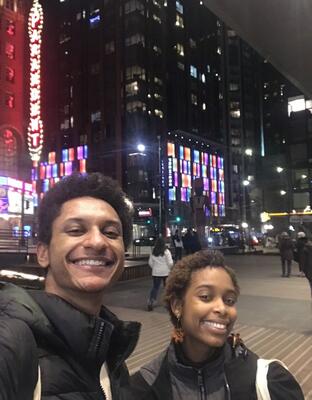
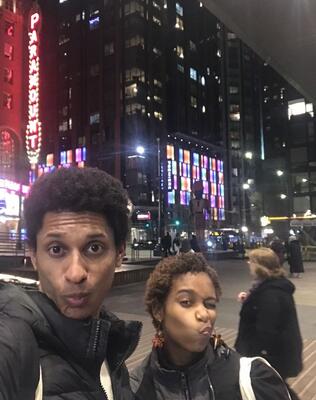
Zaporah and I being silly geese just outside the Seattle Convention Center!
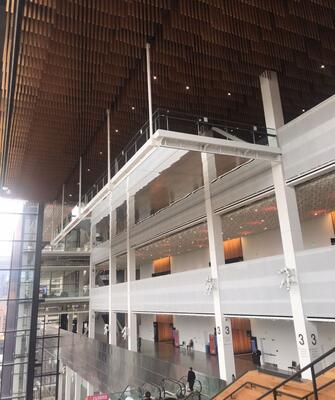
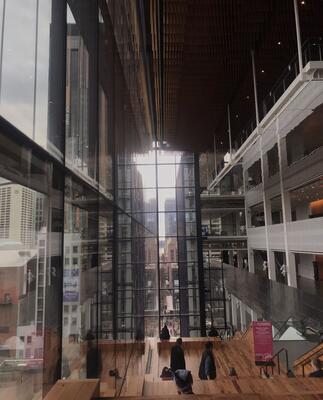
The inside of the Seattle Convention Center, where the conference took place!
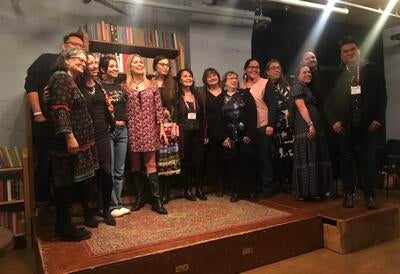
Kinsale took me to an AWP indigenous poets reading event where I got to listen to several indigenous poets perform their work — and I heard some truly stunning poems from both writers I hadn’t known of before, and from writers who I’d long admired!
And for a few days in Seattle, that’s exactly what happened! Each morning, we’d wake up and head over to the Seattle Convention Center to waltz around the book fair, chat with representatives from literary organizations, see old friends, attend talks on subjects ranging from the intersections of creative nonfiction and medicine to explorations of folklore to histories of modern Black poetics to readings with poets like Danez Smith and Donika Kelly, novelists like Imbolo Mbue, and essayists like Kiese Laymon. I was geeking out the whole time! Seeing authors from your class syllabi in-person? Surreal!
But beyond the brain-throbbing amount of wisdom I was absorbing and the sheer coolness of feeling like I was beginning to step out of Yale and more fully into a profession, I also began to think about the oft-peddled phrases that 1) writing is an inherently lonely act, and 2) that “it’s lonely at the top.” Now, that’s not to say that I as a twenty-something think I’m atop any particular field — but rather that looking in at institutions like Yale, you might assume that students self-isolate within their own fields, or that creatives here buy into a false correlation between (sometimes self-inflicted) loneliness and success.
But if AWP reinforced anything for me, it’s this: I don’t think either of those commonly-circulated statements are true. Or at least, they don’t have to be. And I think believing that they must be can lead to writers, especially young writers, self-engineering their own loneliness to no real, good end. Perhaps this makes me an optimist. But if so, then I’m not one without evidence.
Because during my four days in Seattle, I listened to students reading tributes to their professors, to colleagues reading tributes to their academic besties, to authors who had written entire books just about their friendships with other writers, to works dedicated to lineage and influence. I saw poets who had known each other for decades embracing each other, I saw strangers embracing writers who were strangers to them, and everywhere, writers acknowledging other writers.
I’m a little wary of using the word “community” for fear that it’s become a hollow buzzword, so instead I’ll say this: even in fields where the likelihood of achieving all you hope to achieve seems, well, unlikely, genuinely giving yourself to networks of camaraderie and friendship doesn’t eliminate your potential for succeeding. Isolation will not endow you with an otherwise unattainable creative capacity. And these networks endure. I’ve seen them last in real-time, in Seattle and in New Haven.
It’s why I call Zaporah the Zora to my Langston and she calls me the Langston to her Zora, why Kinsale and I jokingly come up with stan-group names (Kinthusiasts! Loganators!) for each other, why I will not lose my optimism, how I’ve learned that writing, at Yale and elsewhere, is inherently collaborative, and how I’ve learned that success and kinship aren’t mutually exclusive. I don’t know where all my creative writing homies and I will end up post-grad, what all we’ll do, or at what pace we’ll write. But at AWP, seeing so many writers whose friendships had nourished both their work and each other, and lasted all the time between their first meeting and the present, I was reminded that no matter how uncertain or scarce that durable kind of love may seem in the overlap between your personal and professional life, there is always, always more of it on the way.
